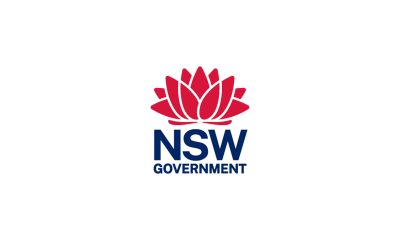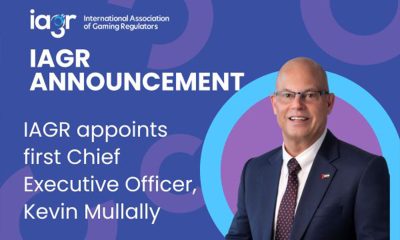Compliance Updates
Dutch Gaming Authority Once Again Supports Information Projects on Gambling Risks
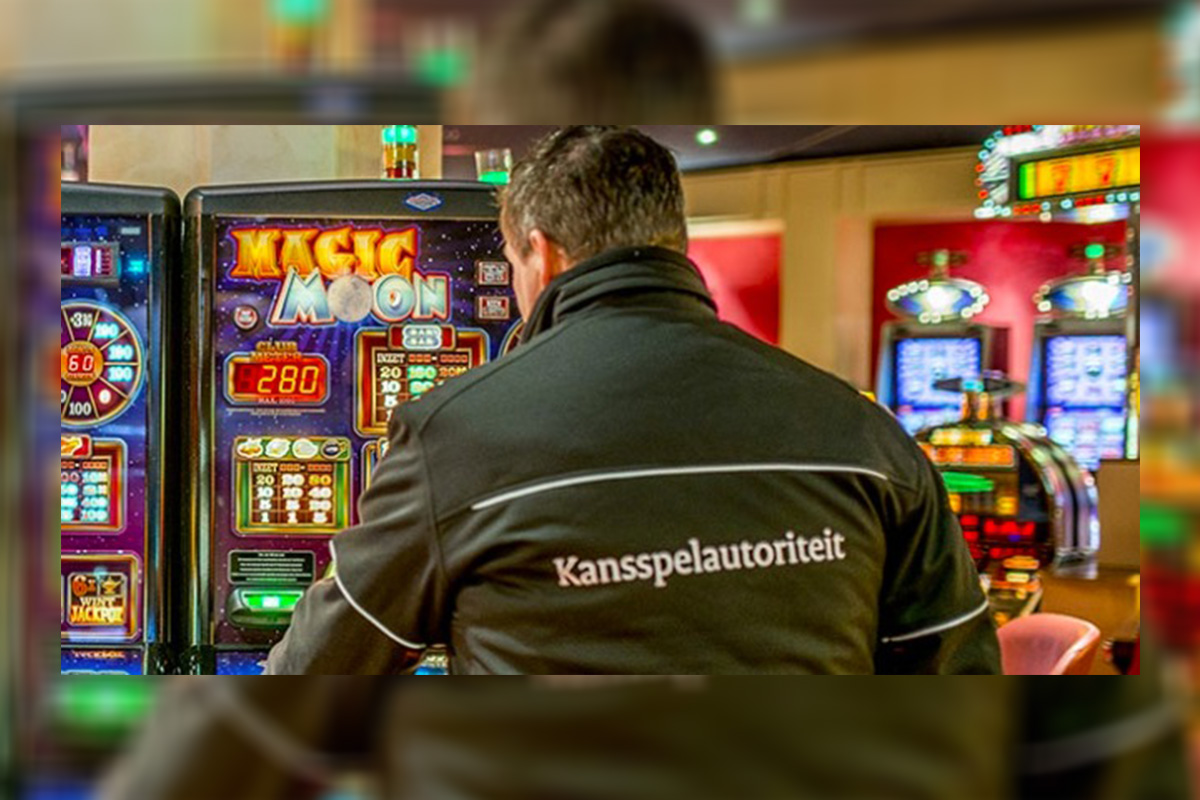
The Dutch Gaming Authority (KSA) is once again financing four information projects on the risks of gambling, from the Addiction Prevention Fund (VPF). This involves a continuation of the e-learning gambling problem, the development of additional materials on gambling within the Helder op School programme, information for football players via the VVCS and explanations about gambling on Steffie.nl.
The money for these projects comes from the VPF, which was established in 2021 and is financed by an additional gambling levy on providers of risky games of chance. The Gaming Authority manages this fund and works with various partners in the field of gambling addiction prevention on the spending of the resources. The VPF has multiple spending objectives, including information about the risks of gambling.
E-learning early detection of gambling problems
Jellinek has developed a digital training offer for professionals together with GGZ Ecademy to inform them about addiction problems in online gambling. This includes first-line professionals such as doctors, POH GGZ, psychologists and debt counselors. This way they can better and earlier identify a gambling addiction. This e-learning module was launched during a well-attended webinar. The newly provided funding will further increase the name recognition of the module.
Clear at school: gambling
Helder op school is a prevention programme of the Trimbos Institute that supports schools in promoting a healthy lifestyle and preventing risky behaviour among pupils and students on themes such as alcohol, tobacco and drugs. Previously, the Trimbos Institute developed materials to improve the signaling of and guidance for risky or problematic gambling behaviour among MBO students. This project is now being extended and expanded with, among other things, scripts for parent evenings on this theme and teaching materials to discourage gambling.
Prevention and information for football players via VVCS
The Association of Contract Players (VVCS) visits the player groups of all Ere- and Eerste Divisie clubs, including the U-21 and U-19 selections, to provide information about problematic gambling behaviour. A flyer with information about the Gambling Stop is now being added to the existing information offer of VVCS and Gamban software, which can block gambling sites. VVCS also starts training ex-players with addiction problems to become experts by experience. They will then be deployed to provide information during selection visits.
Explanation about gambling on Steffie.nl (delivery: autumn 2025)
Steffie.nl explains all kinds of subjects in understandable language. This makes it an important platform for people with low literacy and people with a mild intellectual disability. Commissioned by the Ksa, the Stichting Leer Zelf Online is working on four modules on the subject of gambling, namely “What is gambling?”, “Addicted to gambling”, “Self-test gambling” and “Recognizing gambling games”. These modules can then be found on Steffie.nl.
KSA underlines the importance of targeted information about the risks of gambling for different target groups through these four projects. On the one hand, the KSA wants to make young people and young adults aware of these risks and on the other hand, enable healthcare professionals, but also footballers, to do more with this subject because of the exemplary role they fulfill for many people.
The post Dutch Gaming Authority Once Again Supports Information Projects on Gambling Risks appeared first on European Gaming Industry News.
Compliance Updates
MGA Publishes Results of Thematic Review on Self-exclusion Practices in Online Gaming Sector
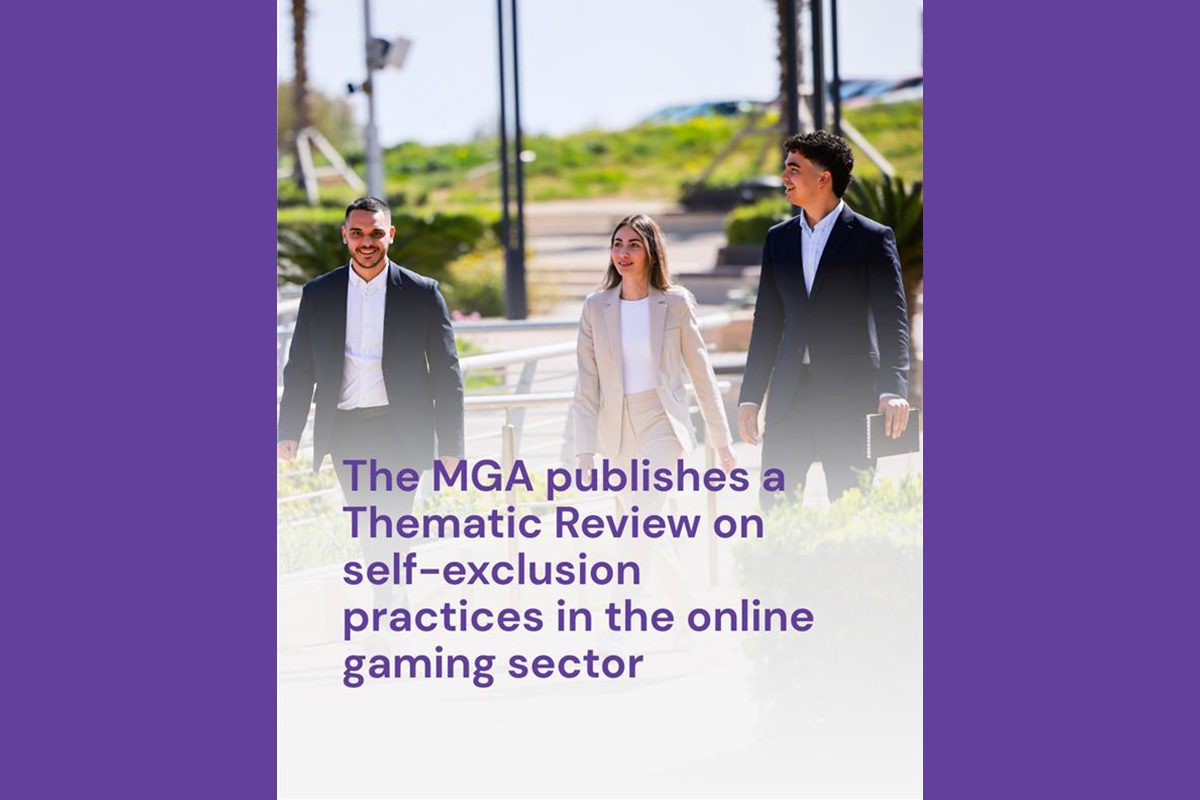
The Malta Gaming Authority (MGA) has published the results of a Thematic Review on how online B2C licensees implement self‑exclusion and other responsible gambling safeguards. The Review sought to identify any systemic weaknesses and clarify regulatory expectations relating to player protection, highlighting areas performing well as well as opportunities for licensees to strengthen their practices.
The Review was carried out in 2025 following reports that some players were able to access multiple brands despite being self‑excluded due to problem gambling. It examined the real‑world performance of player protection tools across 20 licensees and 58 active URLs. A mystery shopping exercise assessed the effectiveness of self‑exclusion processes, cross‑brand account controls, and the presentation of responsible gambling protections at key points of play.
The findings presented in this document reaffirm the Authority’s ongoing commitment to safeguarding players and upholding the integrity of the online gaming sector. Overall, the Thematic Review indicates a positive level of compliance, with the majority of licensees assessed demonstrating practices that are broadly in line with regulatory expectations. At the same time, the Review highlights opportunities for further strengthening player protection measures across the sector.
The assessment outlines the specific areas where enhancements would be beneficial. These include delays in activating self‑exclusion, instances where exclusions were lifted without applying a mandatory cooling‑off period, challenges in detecting duplicate or closely matching player identity details across brands, the absence of limit‑setting prompts during registration, and incomplete information displayed within Reality Check pop‑ups. Together, these findings provide guidance where systems and processes can be enhanced to ensure player protection measures operate as intended.
The Authority has communicated the findings to the relevant licensees, each of whom has been asked to address the points raised and submit rectification plans. Follow‑up supervisory engagement will continue where necessary, including monitoring the implementation of corrective actions. This work forms part of the Authority’s broader risk‑based oversight approach, aimed at promoting higher and more consistent standards of player protection across the sector.
Through this Guidance Document, the Authority encourages all licensees to use the insights from this Review to reinforce their internal frameworks, enhance their responsible gambling controls, and continue contributing to a safer and more sustainable gaming environment.
The post MGA Publishes Results of Thematic Review on Self-exclusion Practices in Online Gaming Sector appeared first on Eastern European Gaming | Global iGaming & Tech Intelligence Hub.
Adventure One QSS
Dutch Gambling Authority Imposes Penalty on Adventure One QSS for Illegal Gambling
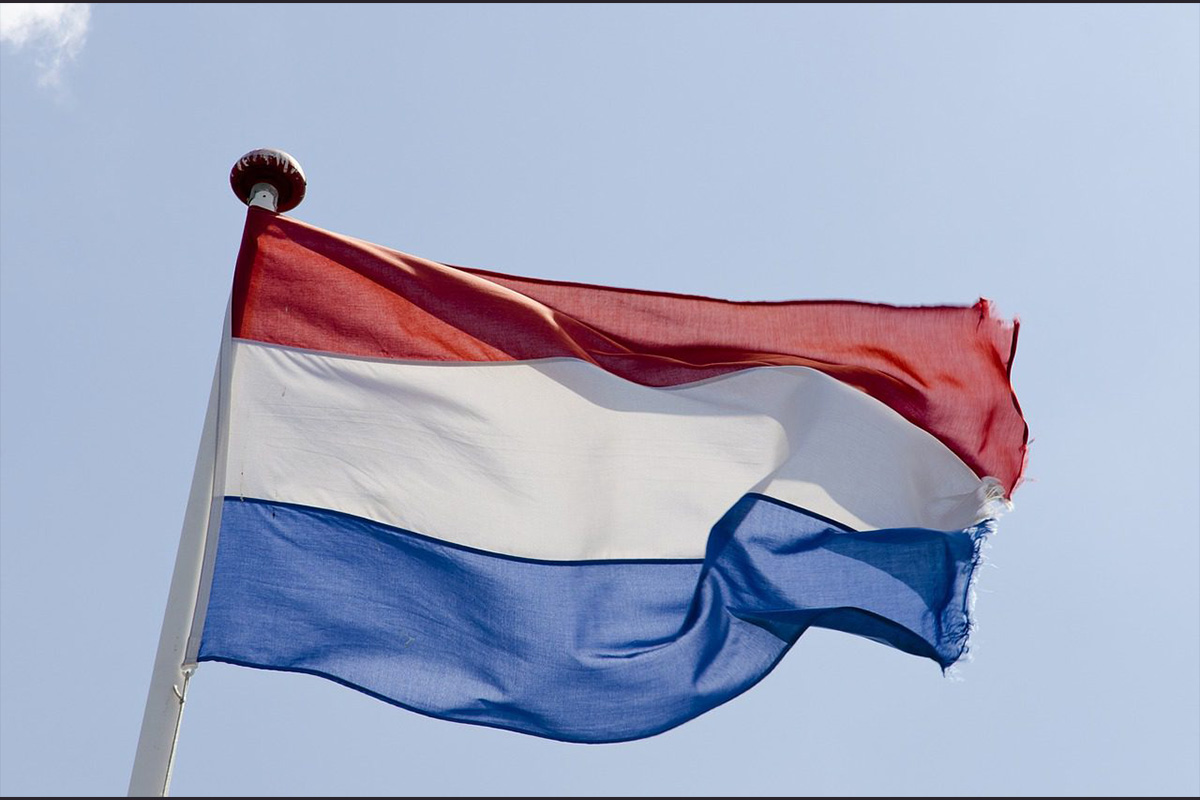
The Netherlands Gambling Authority (KSA) has imposed a penalty on Adventure One QSS Inc. for illegal gambling. Adventure One offers games of chance on the Dutch market under the Polymarket brand name, without a license. The KSA has called on Polymarket to cease its activities immediately. If it fails to do so, the company will be fined €420,000 per week, with a maximum of €840,000.
Polymarket has been frequently in the news in recent months, particularly regarding betting on the Dutch elections. Although Polymarket itself states that prediction markets do not fall under the category of gambling, the Netherlands Gambling Authority (KSA) has taken a different stance. After contacting the company about its illegal activities on the Dutch market, there has been no visible change, and the offering remains available. The Netherlands Gambling Authority therefore imposed this order, subject to a penalty. A turnover-related fine may also be imposed at a later date.
Ella Seijsener, director of licensing and supervision at the Netherlands Gambling Authority (KSA), said: “Prediction markets are on the rise, including in the Netherlands. These types of companies offer bets that are not permitted in our market under any circumstances, not even by license holders. Besides the social risks of these kinds of predictions (for example, the potential influence on elections), we conclude that this constitutes illegal gambling. Anyone without a KSA license has no business in our market. This also applies to these new gambling platforms.”
The post Dutch Gambling Authority Imposes Penalty on Adventure One QSS for Illegal Gambling appeared first on Eastern European Gaming | Global iGaming & Tech Intelligence Hub.
Brais Pena Chief Strategy Officer at Easygo
Stake Goes Live in Denmark Following Five-Year Licence Approval

Stake, the largest online casino and sportsbook globally, today proclaims its official entry into Denmark after obtaining a five-year online casino and sports betting license. The shift reinforces Stake’s enduring dedication to enhancing its global growth strategy.
Denmark is often seen as a regulatory success within the European online gambling scene, and Stake has now introduced its flagship, internationally recognized product to the Danish market. Players will unlock access to Stake’s top-tier casino and sportsbook, showcasing exceptional games, cutting-edge technology, and an exceptional user experience, all provided with a strong local emphasis.
Starting 1 March 2026, Stake Denmark will set up its new headquarters at Parken Stadium, the national football stadium of Denmark and the home ground for FC Copenhagen.
Peter Eugen Clausen, Managing Director at Stake Denmark, said: “Denmark has one of the most well-regulated and competitive gaming markets in Europe, and that’s exactly what makes it so exciting. With Stake’s arrival, Danish players can expect a fresh, world-class experience backed by global scale and strong local focus. We’re raising the bar in terms of product, transparency, and entertainment, and I believe increased competition from brands like Stake will only drive the market forward in a positive way.”
Brais Pena, Chief Strategy Officer at Easygo, the technology company behind Stake, said: “Denmark marks our entry into the Nordics and represents a clear win in one of Europe’s most mature and high-value markets. With each new market, our momentum continues to build as we deliver on our global expansion strategy.”
Since its inception in 2017, Stake has positioned itself as the top betting and gaming brand globally by continually presenting advanced technology and novel gaming experiences for players around the globe. Upon entering Denmark, Stake maintains its dedication to player safety and responsible gaming, guaranteeing that gambling stays enjoyable, secure, and entertaining by providing extensive tools and resources that assist customers in comprehending and monitoring their gambling behavior.
The post Stake Goes Live in Denmark Following Five-Year Licence Approval appeared first on Eastern European Gaming | Global iGaming & Tech Intelligence Hub.
-

 ACMA4 days ago
ACMA4 days agoACMA Blocks More Illegal Online Gambling Websites
-

 Aurimas Šilys4 days ago
Aurimas Šilys4 days agoREEVO Partners with Betsson Lithuania
-

 CEO of GGBET UA Serhii Mishchenko4 days ago
CEO of GGBET UA Serhii Mishchenko4 days agoGGBET UA kicks off the “Keep it GG” promotional campaign
-

 Latest News3 days ago
Latest News3 days agoTRUEiGTECH Unveils Enterprise-Grade Prediction Market Platform for Operators
-

 Canada3 days ago
Canada3 days agoRivalry Corp. Announces Significant Reduction in Operations and Evaluation of Strategic Alternatives
-

 AI4 days ago
AI4 days ago2026 Rewards AI Capability, Not AI Talk – HIPTHER Prague Summit Unveils the Next-Era HIPTHER Academy
-

 Central Europe4 days ago
Central Europe4 days agoNOVOMATIC Once Again Recognised as an “Austrian Leading Company”
-

 Firecracker Frenzy™ Money Toad™3 days ago
Firecracker Frenzy™ Money Toad™3 days agoAncient fortune explodes to life in Greentube’s Firecracker Frenzy™: Money Toad™











